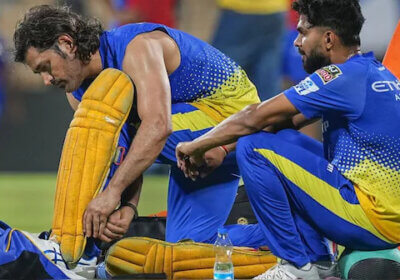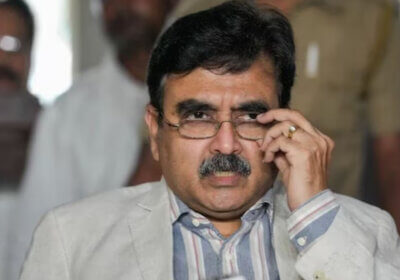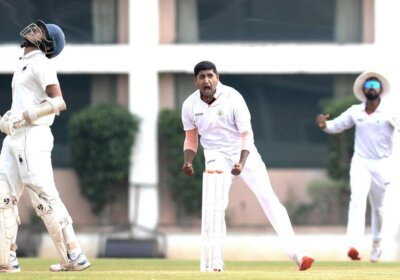In its recent defense of not legalizing gay marriages, the center referred to such requests as “mere urban elitist views for social acceptance.”
The Supreme Court has ordered that a constitutional bench be given jurisdiction over the petitions about the legal recognition of same-sex marriage. Beginning on April 18, 2023, a five-judge Supreme Court constitution bench will hear the case. The Supreme Court further ordered that the hearing’s proceedings must be broadcast live on both its website and YouTube.

Supreme Court Live Hearing On Same Sex Marriage
The center had said that despite the decriminalization of Section 377 of the Indian Penal Code, the petitioners cannot claim a fundamental right for same-sex marriage to be recognized under the laws of the country.
Following the government’s reiteration of its opposition to any such legal action, the Supreme Court will today hear several requests seeking the legal recognition of same-sex unions.
Now that Supreme Court Has Agreed To Hear On Same Sex Marriage These Are The Top 10 Points To Know
1. In its recent defense of not legalizing gay marriages, the center referred to such needs as “mere urban elitist views for social approval.”
2. The center argued that a court order acknowledging same-sex marriages would amount to a virtual judicial revision of a whole field of law and that the court should not issue such “omnibus orders.”
3. The petitions will be heard by a five-judge constitutional bench of the Supreme Court, which will be composed of Chief Justice of India DY Chandrachud and Justices SK Kaul, Ravindra Bhat, Hima Kohli, and PS Narasimha.
4. The Center yesterday described marriage as an “exclusively heterogeneous institution” and stated that it “significantly impacts the desires of every citizen” if it were to be treated equally to the current definition of marriage.
5. Marriages, for example, are universally recognized socio-legal relationships that are “deeply rooted in the Indian social context and are regarded as a sacrament in all branches of Hindu law.” Even in Islam, a valid marriage can only be formed between a biological man and a biological woman because it is a sacred contract, the center argued.
6. The center made the point that the judiciary cannot further create rights, recognize relationships, or give those relationships legal sanctity. Only the legislature can do these things.
7. The establishment or approval of a brand-new social institution “cannot be considered an issue of right or choice, much less a fundamental right,” it was further argued. According to the center, the right to personal autonomy excludes the right to judicial recognition of same-sex marriages.
8. According to the center’s submission, the delegates of the people will decide which social relationships are to be officially recognized.
9. The center has steadfastly opposed legalizing gay marriages, claiming last month that such unions are incompatible with the idea of an “Indian family unit,” which it claimed consists of “a husband, a wife, and children.”
10. According to the submission, the center said, the petitioners cannot assert the basic right for same-sex marriage to be acknowledged under national laws. This is true even though Section 377 of the Indian Penal Code has been decriminalized.























Pingback: Supreme Court Order On Same Sex Marriages